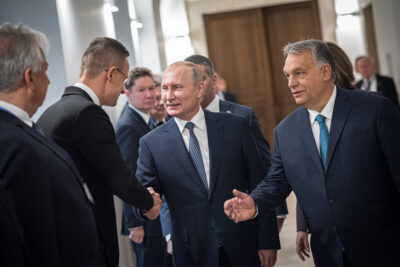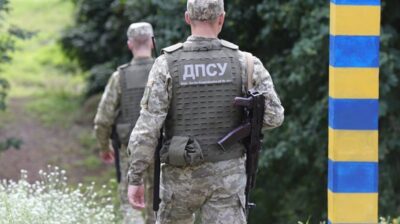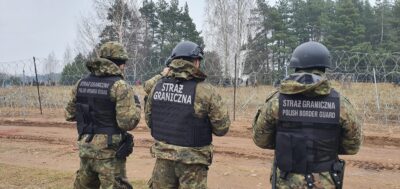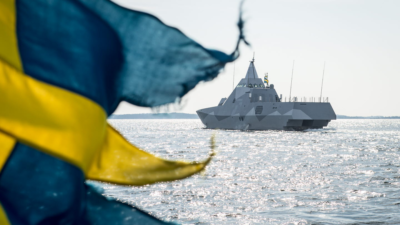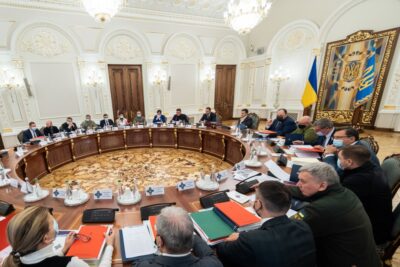Hungary’s Eastern Policy and the Migration Crisis on the Eastern Border of the European Union
The Hungarian authorities, while expressing their solidarity with the countries affected by the migration crisis on the border with Belarus (namely Latvia, Lithuania, and Poland), do not recognize Alexander Lukashenko’s responsibility for causing it. The events on the eastern borders of the European Union did not in any way affect the Hungarian involvement in relations with the...
More →
